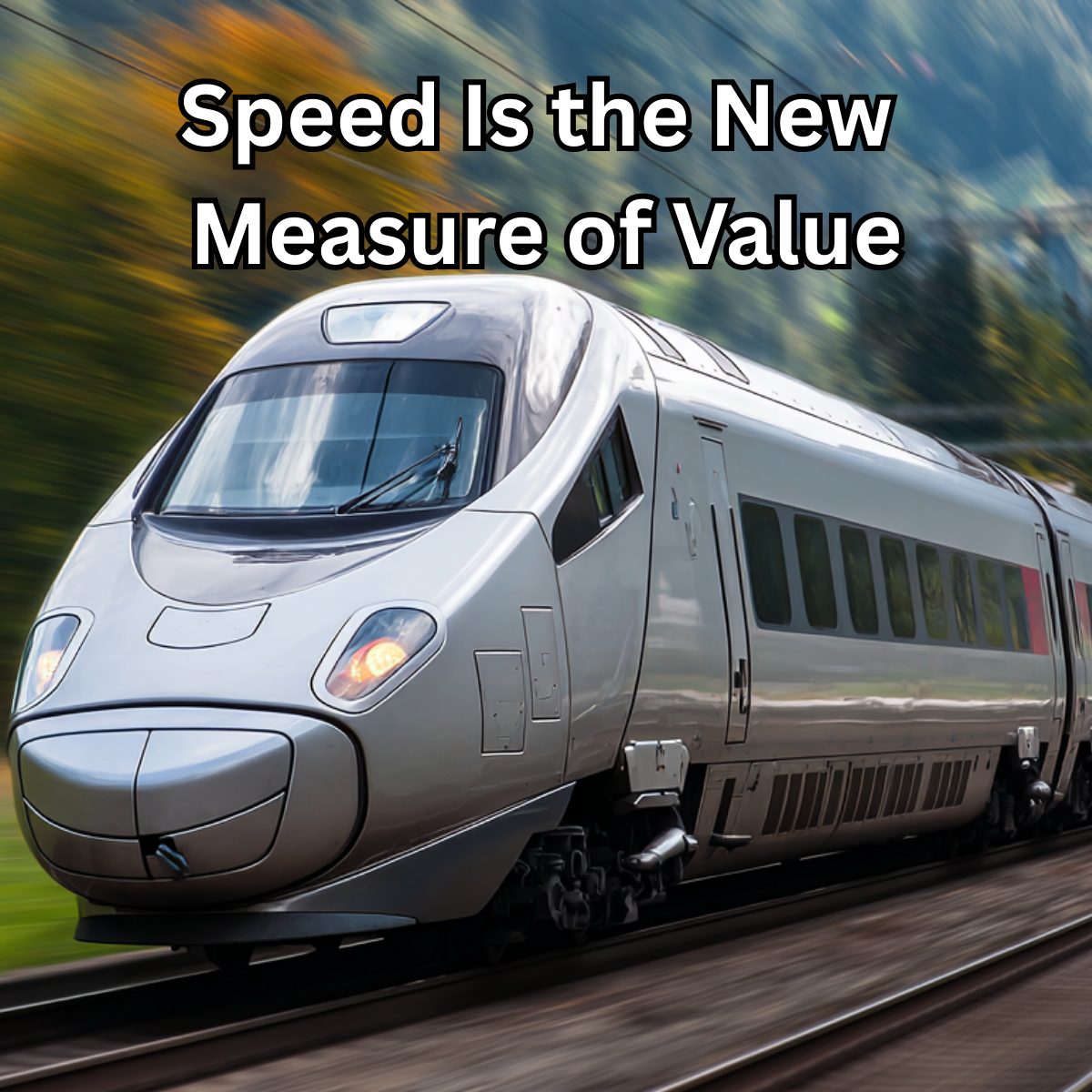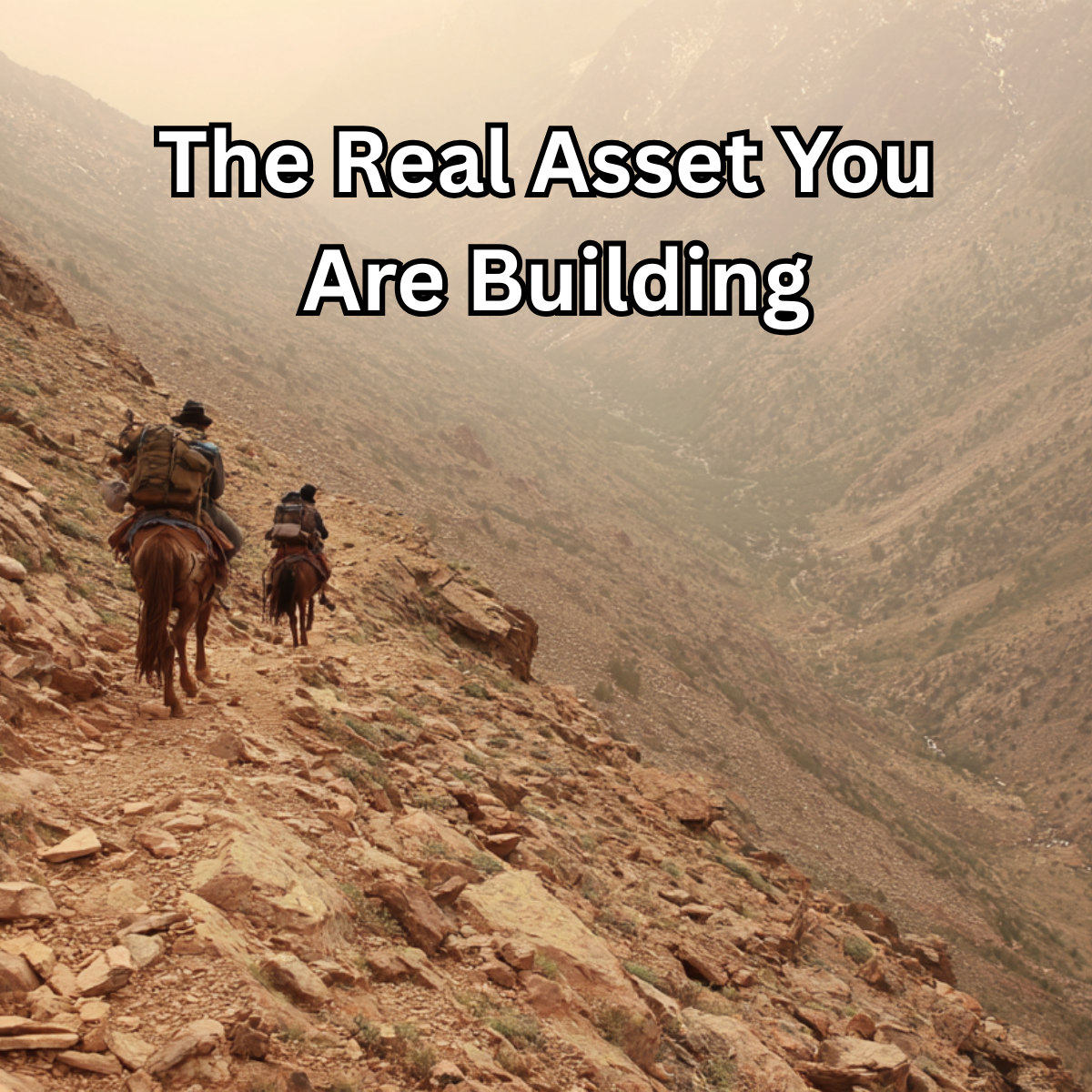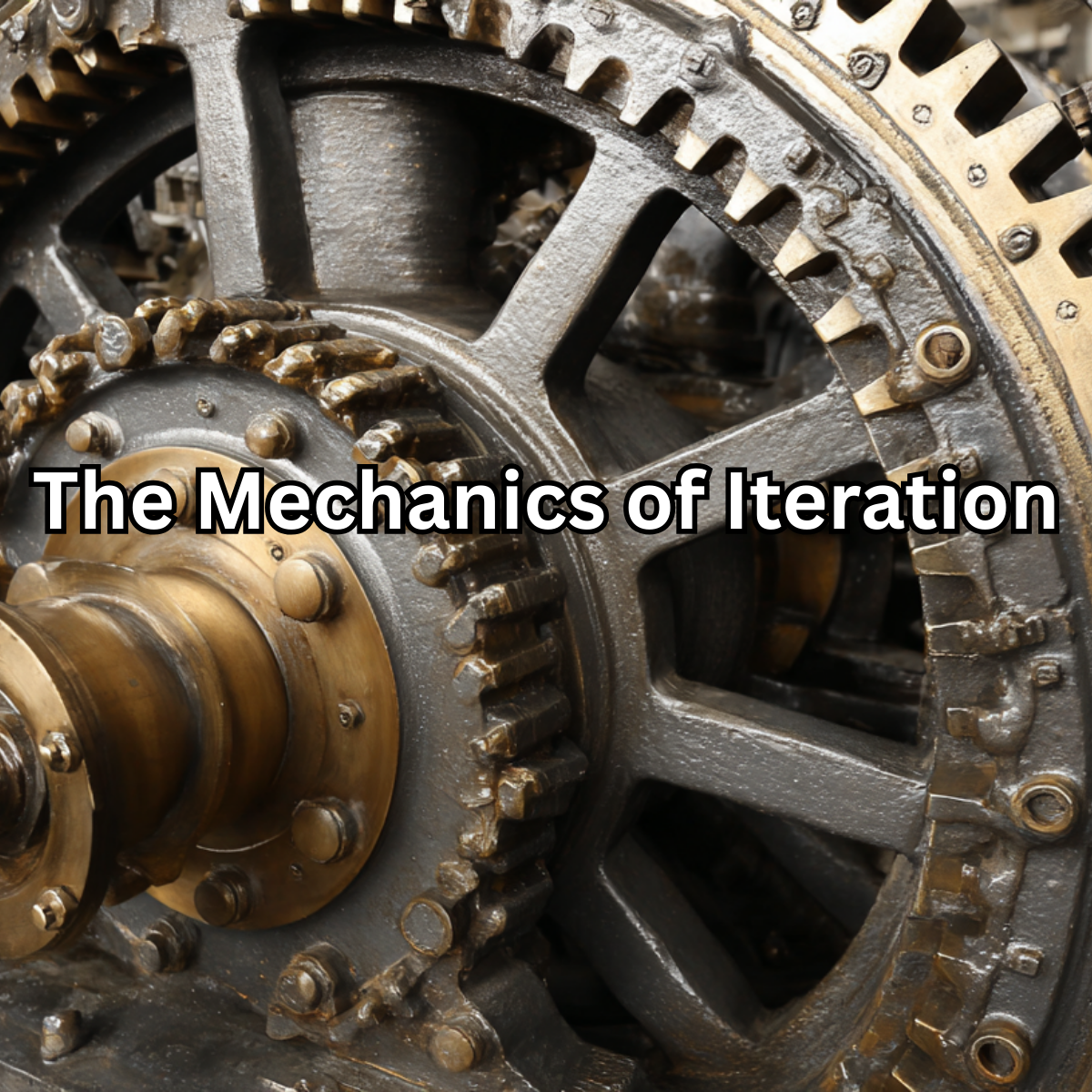This morning I wrestled with a task for far too long. I tried longer blocks of focus. I tried new music. I tried sitting still and forcing effort. I even reached for more stimulation. None of it moved the needle. The truth finally surfaced. I was not lazy or undisciplined. I was tired in a very specific way. My mind had reached a limit it did not want to cross.
There is a name for this. Cognitive fatigue.
Cognitive fatigue is a decline in mental performance that comes after sustained effort. It is much like muscle fatigue after many repetitions in the gym. The muscles still work, but each rep slows down and the form falls apart. In the same way, your mental muscles keep firing, but attention wobbles, judgment slips, and progress feels like dragging a sled through sand.
This is not weakness. It is a natural signal from a system that needs recovery.
If you pay attention, your mind tells the story before the crash; common cues include reduced attention as focus slips and small things steal your gaze, slower processing as work that felt simple an hour ago becomes complicated, more mistakes as typos multiply and memory misfires and decisions wobble, effort that feels heavier as the same steps require more will and more time, and emotional irritability as patience thins and complexity feels intolerable. When I notice two or more of these stacking up, I know I am not in a normal work dip. I am in fatigue.
You do not need a scanner to sense this, but it helps to know what is likely going on. The prefrontal cortex, which handles planning, attention, and decision making, becomes overloaded after long effort and shows reduced activation; it needs rest, not more pressure. Meanwhile, neurotransmitter hormones decline, which reduces focus and motivation; the reward of doing fades, and your drive fades with it. As neurons work, the chemical that signals sleep accumulates, sending a growing signal to rest. Yes, that heavy eyelid feeling is real. Finally, the networks that coordinate attention and executive control drift out of sync; the orchestra is still playing, but without a conductor the timing slips. This is why you feel like you cannot think straight and experience a “cloudy” feeling.
Laboratories have examined this for many years, and the patterns are consistent; task studies show that when people perform repetitive yet attention demanding tasks for thirty to sixty minutes, accuracy drops and reaction time slows; neuroimaging finds that as fatigue sets in, the prefrontal cortex must spend more energy to hold focus, then performance falls anyway; decision making skews toward short term rewards and impulsive choices as risk and reward are misjudged; in high stakes fields such as aviation, medicine, and finance, error rates climb with long shifts, and sometimes the consequences are severe. You do not need to memorize the studies to trust what your body already knows. There is a limit, and it matters.
When I notice cognitive fatigue, I try to stop arguing with it. I switch from force to stewardship. Here is a basic pattern that helps me recover without losing the thread of the day.
- Name it. Say it out loud or write it down. I am cognitively fatigued. That one sentence changes my posture from shame to action.
- Close the loop. Capture the next step for the task in a single sentence. Put it where you will see it later. The mind relaxes when it knows you have a handle on what comes next.
- Step away on purpose. Three to five minutes of slow walking. Look at something far away. Let your eyes and attention release their tight focus.
- Breathe. Four slow breaths in and out through the nose. Longer exhales. No drama, just oxygen and a calmer nervous system.
- Refresh. Drink water. Eat something that agrees with you if you have not eaten in a while. Your brain is expensive. It needs fuel.
- Decide the next block. Either return for a short, clearly defined sprint, or schedule the work for later after a longer rest or after sleep. Make this decision once, then follow it.
We admire people who push through discomfort, and there is a proper place for endurance. Grit is not the same as grinding yourself into the ground. Real grit includes wisdom. It knows when to pause, when to recover, and when to try again. When you stop obeying the myth that more pressure equals more progress, you start doing your best work at the right times.
Cognitive fatigue is your brain telling you that key control circuits are taxed and need recovery. If you ignore the signal, errors multiply and motivation thins. If you respect the signal and rest, the system resets and your focus returns. That is not weakness. That is stewardship of the most valuable tool you have.
When my mind says stop, I try to listen. Then I return with a clear next action, a lighter grip, and the willingness to begin again.




